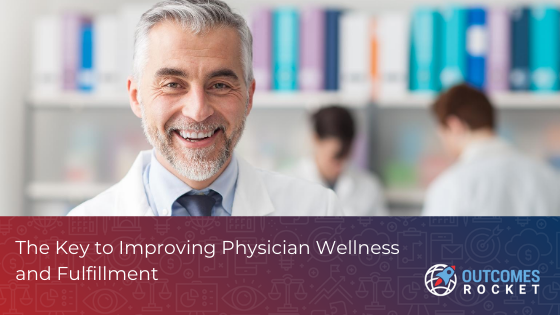
There is a public health crisis going on, one that is currently hidden beneath the hundreds of bodies lined up in COVID treatment facilities, buried beneath the opioid epidemic, and happening inside the very walls of our care centers. I am talking about physician burnout.
I recently watched a TEDxTalk given by Dr. Ed Ellison. In that talk, he pulled back the curtain and discussed some of the causes of this strain.
The first reason he mentioned is the physicians are taught to get the job done in whatever circumstance. This is the occupational hazard of being a doctor — to put someone else’s needs above their own.
Another reason Dr. Ellison mentioned is that doctors learned through experience to hide their fear of failure. In some other fields, failure means losing a lot of money. In medicine, failure could mean losing a life, and that is terrifying and stressful to doctors — to have someone die on their watch.
The combined pressure of the job and personal responsibilities all take a toll on physicians, and many give up. They start to get disengaged and detach from the job. They experience an overwhelming feeling of anxiety, depression, and inefficiency.
All these signs point to burnout
A Geneia survey conducted in 2015 and followed up in 2018 on physician burnout and dissatisfaction reported that 74% of the participants say that the challenges of medicine in today’s environment have caused them to consider career options outside of clinical practice.
We cannot just keep talking about the cause. We need to find a solution to this crisis, or there will come a time when we will not have enough doctors to help us. We are already short of health care providers as it is.
So, when I had the opportunity to interview Dr. Gail Gazelle in the Outcomes Rocket Podcast, I cannot pass up that opportunity.
Gail is a practicing physician and a certified professional coach for physicians and physician leaders. She is the author of the book “Building Your Resilient Self: 52 Tips to Move from Physician Burnout to Balance”.
When I asked her about physicians and physician leaders needing support, she said, “For many physicians, we just don’t learn how to take care of ourselves.”
She then related how some doctors skip breakfast, which may seem like a silly thing. However, if you consider it from the point of taking time to care for themselves before rushing out the door, it makes perfect sense.
One of Gail’s suggestions to help physicians and healthcare workers avoid burnout is to take some time to meditate in the morning and plan the things you will do today to be your best self.
“What I’m doing with resilience and coaching is helping to kind of right that imbalance, helping physicians realize not just what’s in it for them and their patients to take better care of themselves, but really how important it is as a role model really for everyone else in the health care endeavor as well as beyond that to really understand the importance of personal well-being.”
I agree with Gail. You cannot drive on an empty tank. Health care professionals cannot give anything if they are empty. They first need to fill their own tank with what is beautiful, meaningful, and special to them.
One of the struggles many doctors face is feeling like they are an impostor.
Gail relayed that it may be surprising to know that many physicians have self-doubt.
“And my belief is that there is a lot in our training that sets us up to have a lot of self-judgment, negative self-judgment. For example, we learn in medical training that some doctors are important doctors, the surgeons, the neurosurgeons, and some doctors really kind of have less than one’s pediatricians, the general practitioners now. And that is reflected in how doctors are compensated. Obviously, every physician is important and brings different skills and learns different skills. But there’s something about that hierarchy that is embedded in the training of physicians that I think in some ways sets us up for things like feeling like an imposter.” Gail continued.
Dr. Ellison mentioned this same fact in his TEDxTalk. Doctors were trained to believe that some doctors are more important than others, which plants a seed of doubt with doctors who did not choose to specialize in surgery.
Gail’s solution? Include the back story of physician burnout and lack of resilience.
Practical Tips to Build Resilience
Because of the way our care professionals were trained, we can expect that there will always be cases of burnout. But with the help of professional coaches for physicians and physician leaders like Gail Gazelle, and with an early start, you have a chance to help doctors before they reach their breaking point.
If you’re a hospital administrator seeking to find ways to build the resilience of your doctors, you’ll find great lessons in my podcast interview with Gail, and in her new book “Everyday Resilience: A Practical Guide to Build Inner Strength and Weather Life’s Challenges”.
To listen to my exciting conversation with Gail, click here: https://outcomesrocket.health/gailgazelle/2020/06/.
According to the 2020 Centers for Disease Control and Prevention report, roughly 34.2 million Americans have diabetes,...
Read MoreAs a farmer, Rod was used to long days. He worked 18 hours a day, 7 days...
Read MoreWith investors receiving hundreds of pitch decks every year, how do you create a compelling presentation that...
Read More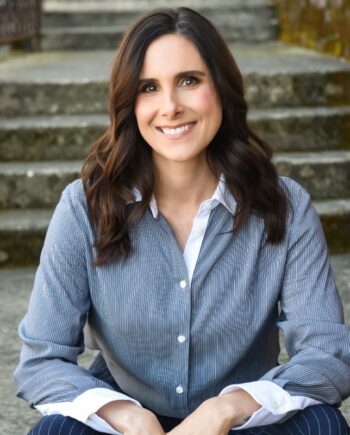
Brittany Busse Co-Founder, President, and Chief Medical Officer at
ViTelHealth
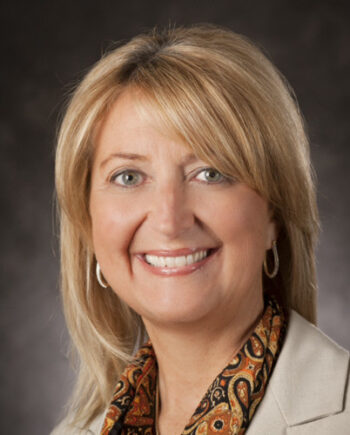
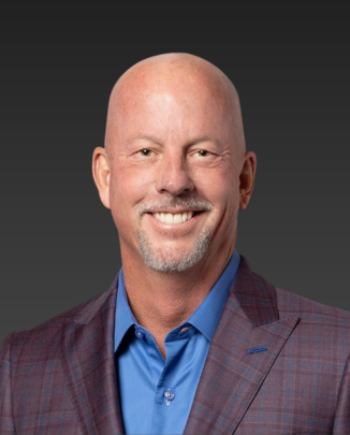
Stephen Thorne Founder and CEO at
Pacific Dental Services
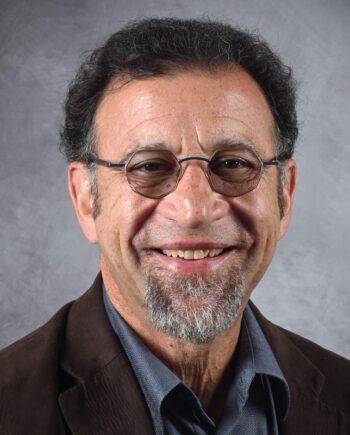
Keith Carlson Nurse Career Coach